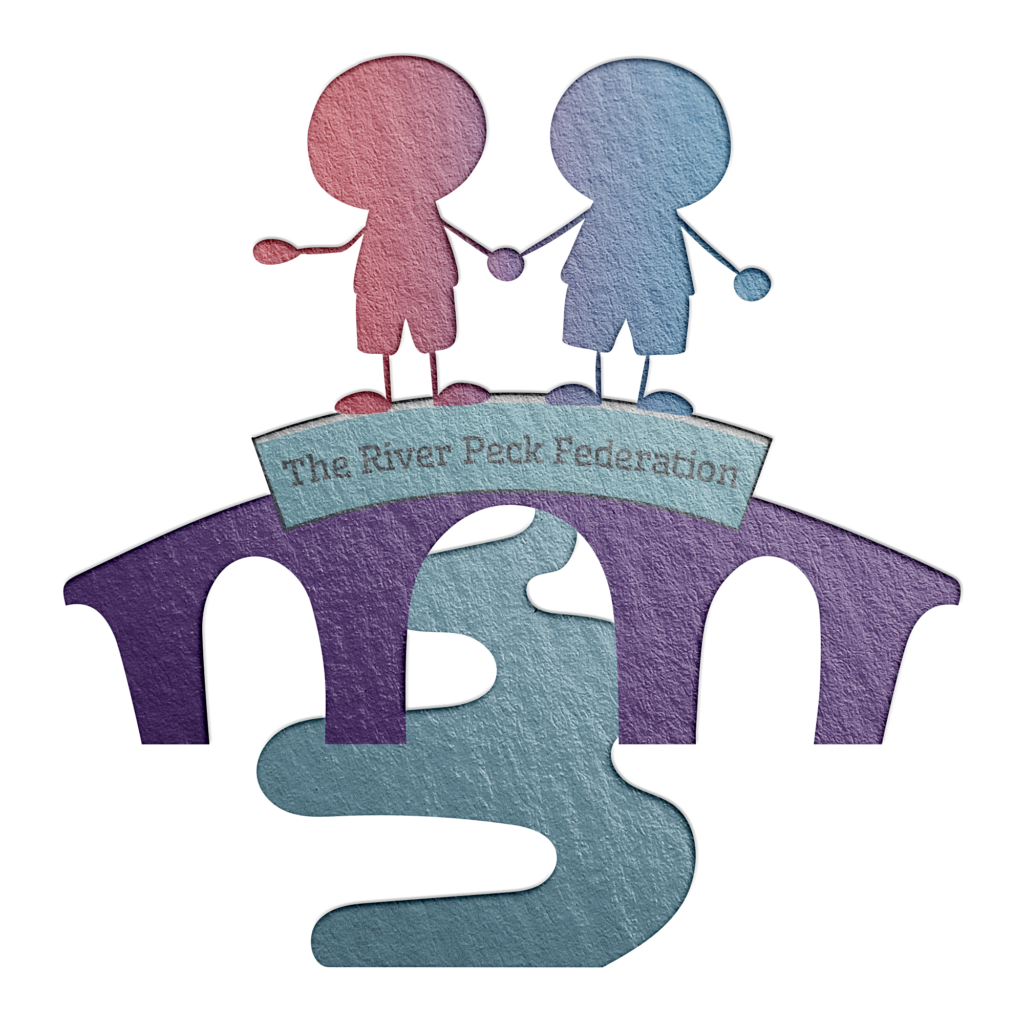Intent:
- At Ann Bernadt and Nell Gwynn Nursery Schools we create an exciting learning environment that invites children’s curiosities and enables them to flourish regardless of their background, circumstances or needs.
- We believe, as did Albert Einstein, that “Play is the highest form of research”.
- We work collaboratively with parents and carers and encourage children to be independent, resilient and enthusiastic learners.
- It is our intent that children begin their lifelong learning journey by developing physically, verbally, cognitively and emotionally whilst also embedding positive attitudes towards learning.
- Following children’s interests and individual needs, enables us to plan and provide opportunities throughout our curriculum to support learning and development.
- We believe that outdoor learning is just as important as the learning which takes place indoors and we encourage children to access the great outdoors in all weathers.
- Our curriculum supports children to be curious about the world around them, and is designed to ensure that they enjoy learning and coming to nursery.
Implement:
At Ann Bernadt and Nell Gwynn Nursery Schools we follow the Early Years Foundation Stage Framework. This is made up of four overriding principles which our curriculum is based upon:
- Unique Child– Every child is unique child who is constantly learning and can be resilient, capable, confident and self-assured.
- Positive Relationships– Children learn to be strong and independent through positive relationships.
- Enabling Environments– Children learn and develop well in enabling environments, in which their experiences respond to their individual needs and there is a strong partnership between practitioners and parents and carers.
- Learning and Development– Children develop and learn in different ways. The framework covers the education and care of all children in early year’s provision, including children with special educational needs and disabilities.
The curriculum is play-based and we aim for children to have as many first-hand experiences as is possible.
The learning experiences in Early Years are linked to the seven areas of learning as set out in the EYFS Framework. The three Prime Areas are those which the children should develop first. These include:
- Personal, Social and Emotional Development– involves providing opportunities for young children to be active and interactive; and to develop their co-ordination, control, and movement. Children must also be helped to understand the importance of physical activity, and to make healthy choices in relation to food.
- Communication and Language– involves giving children opportunities to experience a rich language environment; to develop their confidence and skills in expressing themselves; and to speak and listen in a range of situations.
- Physical Development– involves helping children to develop a positive sense of themselves, and others; to form positive relationships and develop respect for others; to develop social skills and learn how to manage their feelings; to understand appropriate behaviour in groups; and to have confidence in their own abilities.
As children grow and make progress in the Prime Areas, this helps them to naturally develop skills within the four specific areas.
These are:
- Literacy– the early teaching of literacy involves encouraging children to link sounds and letters and to begin to read and write. Children are given access to a wide range of reading materials (books, poems, and other written materials) to ignite their interest.
- Mathematics– the early teaching of mathematics involves providing children with opportunities to develop and improve their skills in counting, understanding and using numbers, calculating simple addition and subtraction problems; and describing shapes, spaces, and measures.
- Understanding the World– this involves guiding children to make sense of their physical world and their community through opportunities to explore, observe and find out about people, places, technology and the environment.
- Expressive Arts and Design– this involves enabling children to explore and play with a wide range of media and materials, as well as providing opportunities and encouragement for sharing their thoughts, ideas and feelings through a variety of activities in art, music, movement, dance, role-play, and design and technology.
Impact:
- Children make excellent, rapid progress from initial baselines.
- Children with SEND make visible progress across the Prime Areas with varying levels of SEND support.
- Constructive warm relationships are developed with families/carers.
- Children exhibit a “have a go “attitude and have the confidence to think for themselves.
- Children flourish as keen early readers.
- Children develop emotional literacy skills with support and become better equipped to manage their emotions.
- Children display high levels of independence and resilience.
- Children develop healthy eating habits.
- Children become more physically active with visibly improved gross and fine motor skills and a greater willingness to take risks.
- Children gradually understand that they are part of a nursery school community where everyone is known and valued.
- Children move onto primary school happy, confident learners.

